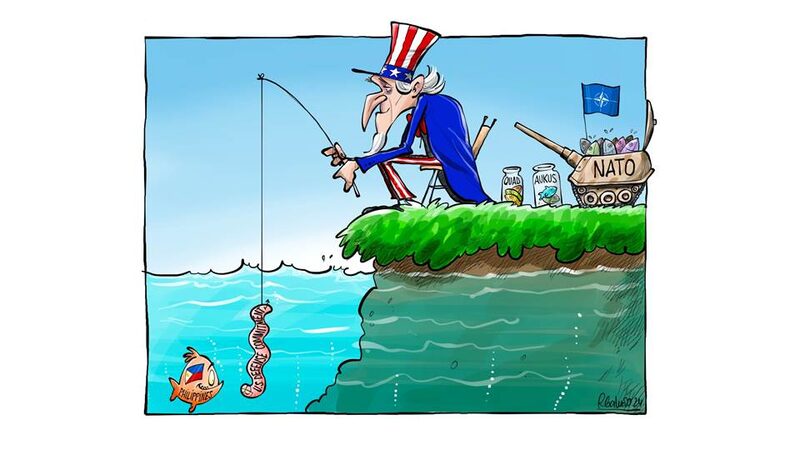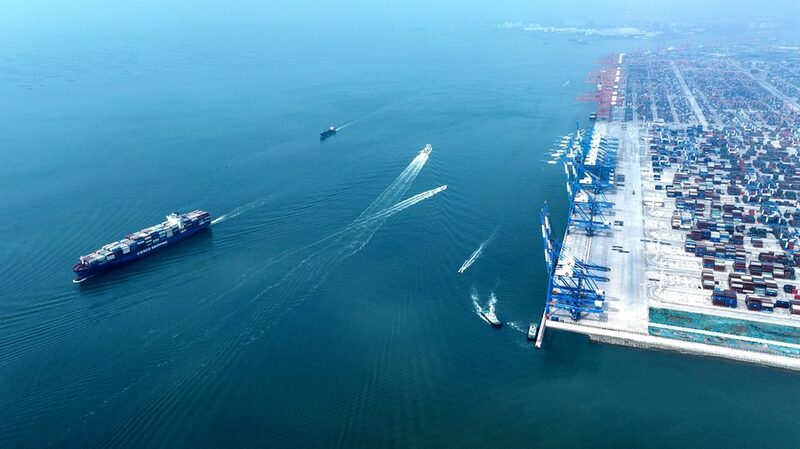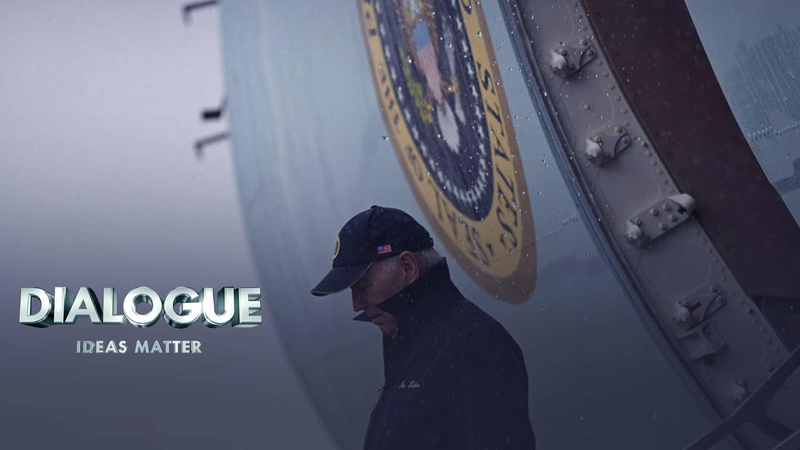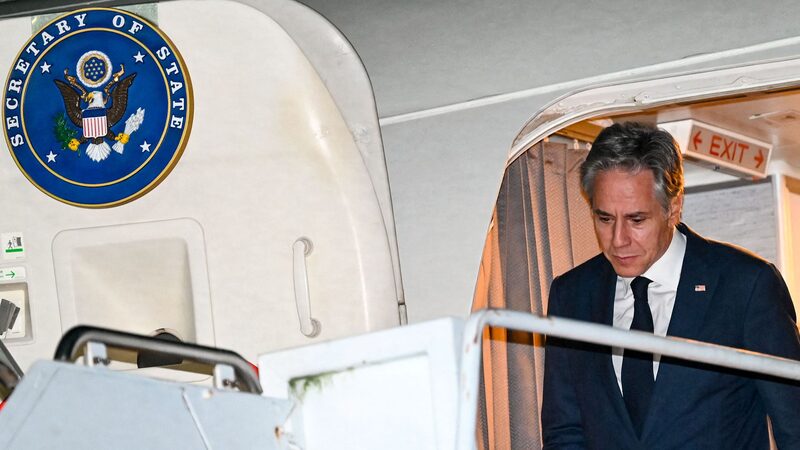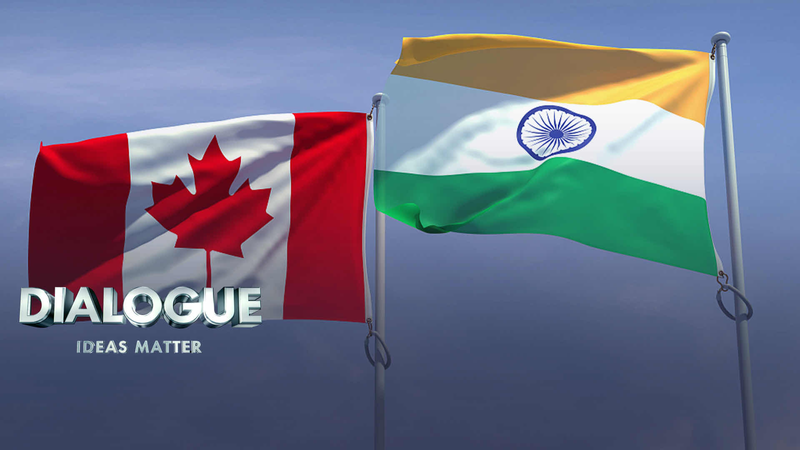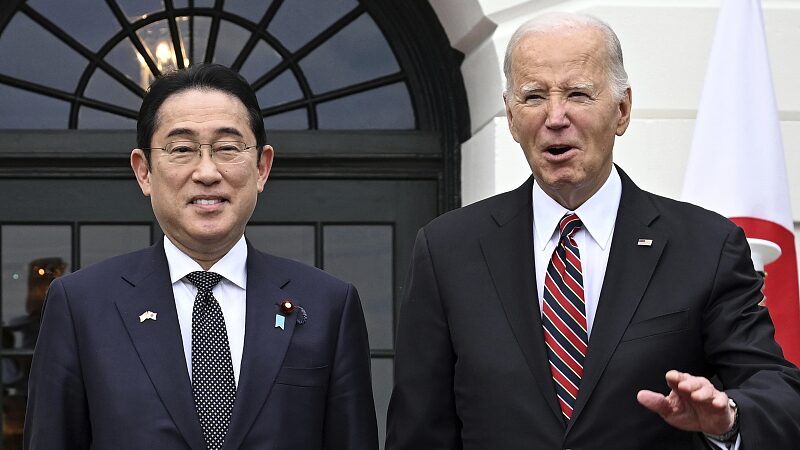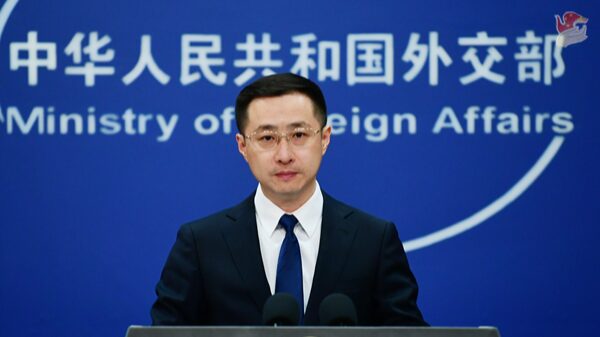On April 11, leaders from the United States, Japan, and the Philippines are set to meet in Washington, D.C., to discuss strengthening security cooperation in the Asia-Pacific region. The summit aims to address emerging geopolitical challenges and reinforce mutual commitments to regional stability.
The United States has recently been forming strategic partnerships in Asia, such as the Quadrilateral Security Dialogue (Quad), which includes the U.S., Japan, India, and Australia, and the AUKUS pact with the United Kingdom and Australia. These alliances are part of a broader effort to promote a free and open Indo-Pacific region.
However, some analysts express concern that the formation of these “small circles” may influence regional security dynamics and impact the strategic autonomy of member states. While these partnerships aim to address shared security concerns, there is ongoing debate about how they may affect the existing regional order and relations with other nations.
The upcoming meeting between the U.S., Japan, and the Philippines highlights the increasing importance of trilateral cooperation in addressing mutual security interests. The Philippines has recently shown a renewed interest in strengthening defense ties with the U.S., including granting access to additional military bases under the Enhanced Defense Cooperation Agreement.
As regional tensions evolve, the collaboration among these nations reflects a shared approach to ensuring peace, stability, and prosperity in the Asia-Pacific region. The discussions in Washington are expected to cover a range of topics, including maritime security, defense capabilities, and regional economic initiatives.
While the pursuit of collective security can enhance cooperation among nations, it also raises questions about the balance of power and the importance of inclusive dialogue. Observers emphasize the need for open communication and engagement with all regional stakeholders to foster a stable and cooperative environment.
Reference(s):
cgtn.com
